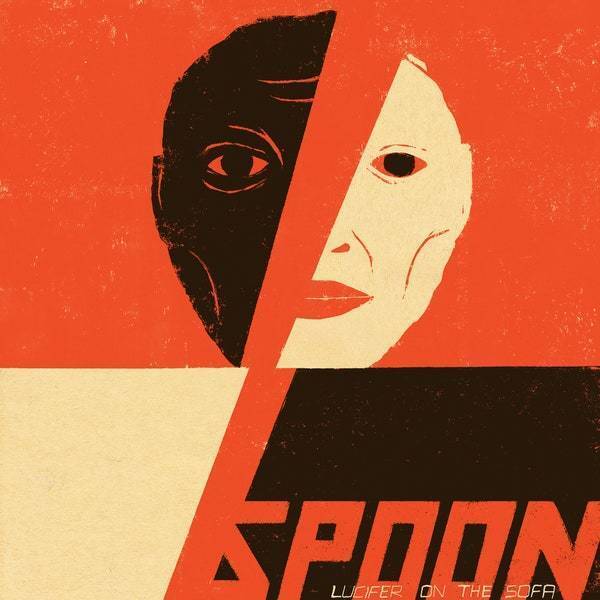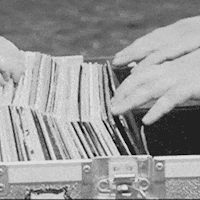
Buzz and hype are really interesting and fascinating things. And they can be all too fleeting.
Sometimes, I wonder, what happens when you find your lane, you’re good at that specific lane, but you don’t find a way to excel past it? Is it a problem, or simply a reflection of changes in the audience?
Lately, I’ve been listening to a lot of the band Spoon. Spoon is a great band. They’ve always been great—the three-decades-long collaboration between Britt Daniel and Jim Eno is perhaps one of rock music’s most fruitful. Their albums are consistent, and have been for at least 20 years, but somehow they continue to improve and adapt over time. But despite this growth and evolution, their latest album, Lucifer on the Sofa, perhaps isn’t dominating rock-music discussions the way the band did, say, when their latest album was Gimme Fiction or Ga Ga Ga Ga Ga.
That’s despite the fact that Lucifer has a title that seems to directly reference the moment, the way that it’s all too easy to fall into streaming menus or doomscrolling rather than being merely creative people. The COVID era, and the disconnections it created, zapped a whole bunch of creativity out of some people.
(Spoon’s hometown of Austin, which saw its bars and its SXSW conference go silent—and which lead singer Daniel moved back to before the creation of this album—is a pretty good reflection of this problem.)
Despite all this, Lucifer only hit #38 on the Billboard 200, a pretty significant dip from the #4 apex seen by two of the band’s prior records, 2010’s Transference and 2014’s They Want My Soul, as well as the band’s lowest chart ranking for a new album since Gimme Fiction way back in 2005. Spoon is still kicking ass at being Spoon. But Spoon isn’t quite having the impact it once was.
Admittedly, this is more complex than a chart ranking alone. The shifts in how Billboard works mean that the kind of people who bought a Spoon album on its first weekend aren’t the kind of people who stream it 100 million times a week, and Spoon fans are of course getting older. And hey, maybe Spoon’s label, Matador, is having a harder time pitching records than a major label is.
That’s not to say they’ve been forgotten—I mean, Rolling Stone literally called Lucifer their best record ever—but I think in some ways, the diminishing returns without any real decline in quality suggest something that happens to a lot of creative projects. When you’re consistently good-to-great for something over a long period, it can be easy for people who like your work or follow it to take it for granted.
Perhaps this conversation ties into the Ted Gioia chatter from about a month ago about the dampened impact of new music, but I think more broadly, it reflects a shift in the way that we as creators work.
We can no longer just create for the sake of creation. Now we have to worry about keeping our buzz. And it can be hard to do so when you’ve been doing something for 30 years. Or even five years. When you’re a known quantity, it becomes hard to be seen as doing something new or exciting.
The fact of the matter is, simply being excellent at being creative in 2022 is no longer on its own a reason for people to pay attention to the amazing work that you’re doing. The smorgasbord of people doing amazing working is always getting a little bit bigger, and consistently good may not on its own keep people excited about your work.
We’re in a time period where creating things often means spending significant amounts of time focusing on developing a sense of buzz or keeping people engaged in the work you do. You may or may not like that—it may feel like it gets in the way of your creativity.
But I think, given the numerous new, fresh options out there, track records alone are no longer going to keep people excited about what you’re doing. As much as that sucks.
Anyway, listen to this Spoon record. You’re missing out if you haven’t.
Time limit given ⏲: 30 minutes
Time left on clock ⏲: 1 minute, 25 seconds



